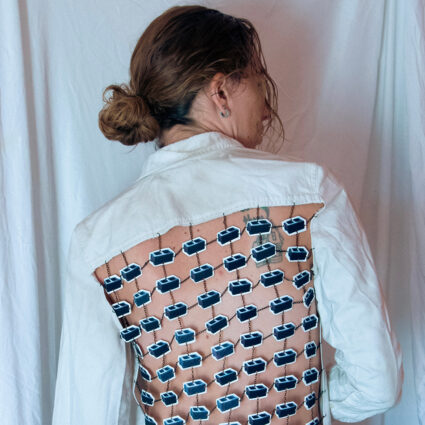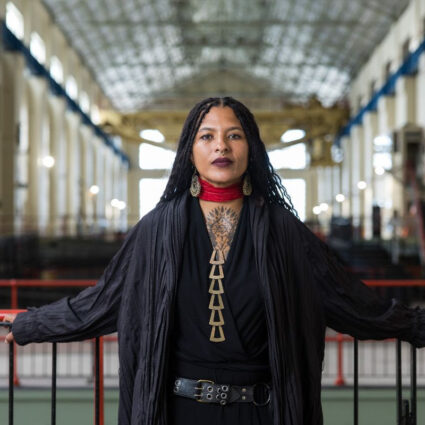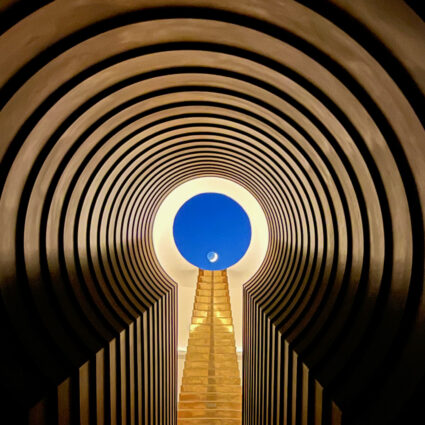Music venues and festivals are embracing creativity and resourcefulness to stave off financial ruin and bring live music to audiences at a time when they desperately need it.
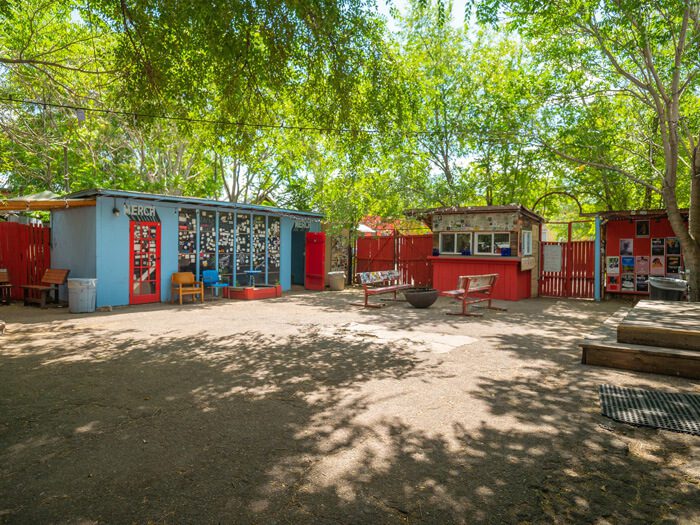
With the unprecedented scope and severity of the coronavirus, you’re forgiven if you haven’t given any thought to how America’s music venues and festivals are weathering the pandemic. As lockdowns, restrictions, and widespread hesitancy to frequent indoor public spaces continues to drag on without a coherent national response, the live music industry is facing an existential threat unlike anything it has ever experienced.
A survey profiled by NPR in June found that 90 percent of independent venue owners, promoters, and bookers believed their venues would close within months without government funding. Since then, the situation has dramatically worsened, with new US case totals peaking at higher than 75,000 per day in July. With no end to the pandemic or targeted government relief in sight, music venues and festivals are embracing creativity and resourcefulness to stave off financial ruin and bring live music to audiences at a time when they desperately need it.
Will Sartain is the co-owner of Kilby Court, a locally beloved venue in Salt Lake City that was forced to cancel 150 shows over the span of five months. “This is not the reality people want to live in,” Sartain says referring to the loss of live music. This summer, Kilby Court launched the SLC Concert Cruise, a series of outdoor concerts scattered around Salt Lake City that audiences accessed by bike. Sartain says the shows raised money for the venue during a crucial time, and that normalcy could return to the live music industry by next summer if an effective vaccine is rolled out in time. “If not, we could be waiting until 2022 or 2023.” Kilby Court is experimenting with hosting limited-capacity shows in its outdoor courtyard.
In addition to venues, the uncertainty brought on by the pandemic has also upended music festivals like South By Southwest, which was begrudgingly canceled by administrators a week before it was slated to take place. Boise, Idaho’s Treefort Music Festival was originally postponed from March to September, only to be postponed a second time until a full year later when it became clear the pandemic isn’t abating. The Underground Music Showcase, a music festival that takes place in Denver’s South Broadway neighborhood every July, had the benefit of time on its side and was able to proceed as a digital event, according to Colorado-based show promoter Kyle Hartman. Rebranded as the Underground Music Something, the four-day festival shrunk down into a live-streamed variety show that partnered with the Colorado Music Relief Fund to raise money for Colorado musicians.
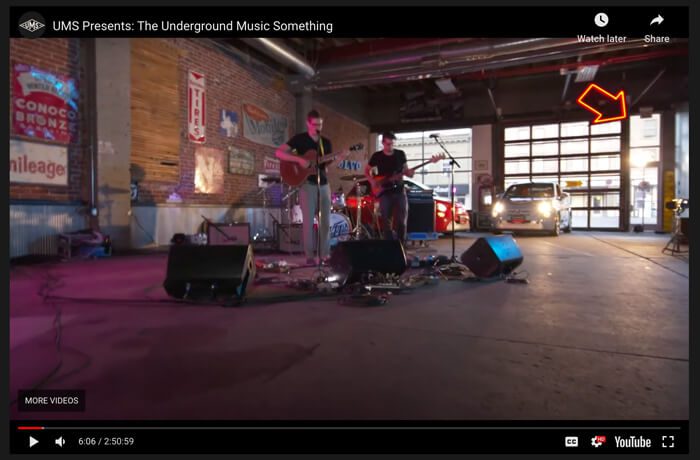
“We brought in fourteen up-and-coming local artists, and had comedians, skits, and interviews with people on Broadway,” says Hartman. “The goal was to pay every participating band $1,000. It was really successful.”
When Hartman talks about adapting to new show formats with the Colorado venues he works with, he describes a frustrating but necessary touch-and-go dance of building shows that adhere to ever-changing local restrictions. “It changes week by week. We were going to open Lost Lake, but now there’s a guideline where you have to have 25 feet between the performers and the audience. It’s too small.”
Hartman has found success booking limited capacity shows with a “jazz-club feel” at other Colorado venues he works with. Instead of standing in a crowd near the stage, small groups of listeners sit at tables spread around the room. “Each band does an hour set, and we charge higher ticket prices so they can make some money,” says Hartman. “The audience gets an intimate experience with the bands that they would normally never get.”
An area of undeniable inspiration is the uncompromising will of musicians, promoters, and venues to safely deliver live music to audiences amidst such challenging circumstances.
While most live music formats are transforming to meet the moment of the pandemic, some are discovering their existing models are uniquely suited for it. Based in northern Colorado and led by co-founders Betsy Mortensen and Harrison Goodale, Sustain Music and Nature is a non-profit that brings musicians and audiences together in outdoor spaces through a concert series called Sagebrush Sessions. Eight audience members were treated to a concert in the Rocky Mountain Arsenal Wildlife Refuge featuring performances by Brent Cowles and Kid Astronaut in June when live music wasn’t available to most Americans. “Somebody told us they ended up crying during the show because they didn’t realize how much they needed live music,” says Mortensen. The series is slated to run until September and is RSVP-only. In a time when most venues and festivals are canceling performances and scaling back to survive, Sustain Music and Nature plans to expand their outdoor concert series to other states.
Even if a safe and effective vaccine is available by early 2021, it’s impossible to know if the changes the live music industry is embracing will be short-lived or the new normal moving forward. But an area of undeniable inspiration is the uncompromising will of musicians, promoters, and venues to safely deliver live music to audiences amidst such challenging circumstances. Through choppy live-streams and scrappy concerts staged in state parks, backyards, and on street corners, live music will outlive the pandemic. However, what it will look like moving forward is anyone’s guess.
